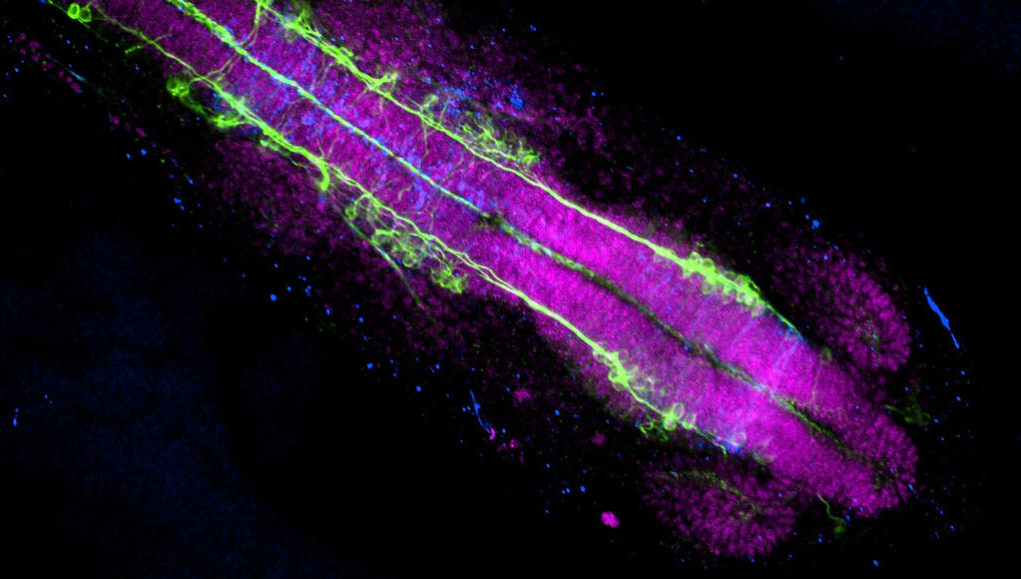A breakthrough in stemming human aging is underway in the scientific community after the ability of the African turquoise killifish to press pause on its development has been discovered.
Like the killifish, other creatures at the embryotic stages are known to have the same ability to suspend animation. Also known as diapause, the phenomenon is believed to have evolved in response to environmental changes such as ponds drying up. Conditions like drought that pose a risk to survival meant that some life forms learned to suspend their development until safer conditions arose.
In the case of the African turquoise killifish, embryos appear to be in a stasis for as long as months and years. Considering that the adult lifespan of the killifish is only four to six months, this is impressive.
Professor Anne Brunet of Stanford University, and the co-author of the research explained the studies.
“We actually don’t think the mechanism of diapause is directly caused by drought,” Brunet said. “But the mechanism is indirectly linked to drought in the sense that drought provided a selective pressure for this African turquoise killifish species: over millions of years of evolution, the African killifish evolved to survive drought by having its embryos enter a state of diapause.”
Scientists have discovered that diapause has no impact on the fish’s lifespan, fertility or health.
“Diapause is a fascinating state of ‘suspended life’ that can preserve a complex organism long-term, with no apparent trade-off for subsequent life,” said Brunet.
Brunet’s study, published in the journal Science, discusses how they probed the processes of the killifish diapause in embryos. What they uncovered was a dialling down of cell production and organ development to maintain metabolism and muscle maintenance.
“One can hypothesise that turning on a “diapause-like” state – or tapping into the molecular machinery of diapause – in some adult tissues or cells could help preserve them long-term,” said Brunet.
The team are now considering ways in which to apply diapause mechanisms in adults to extend longevity.
However, Professor Paul Shiels, from the University of Glasgow, who specialises in biological aging admits scepticism in the processes required to suspend aging in humans.
“[The study] has implications for organ regeneration,” he said. “Whereas organ preservation, you’d [learn] more from hibernating mammals,” Professor Shiels explained, going on to note that diapause in humans would most likely require keeping adult tissues in a suspended state to achieve a slow down in human aging.






